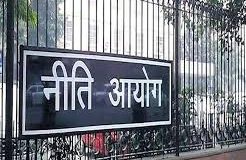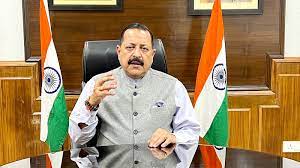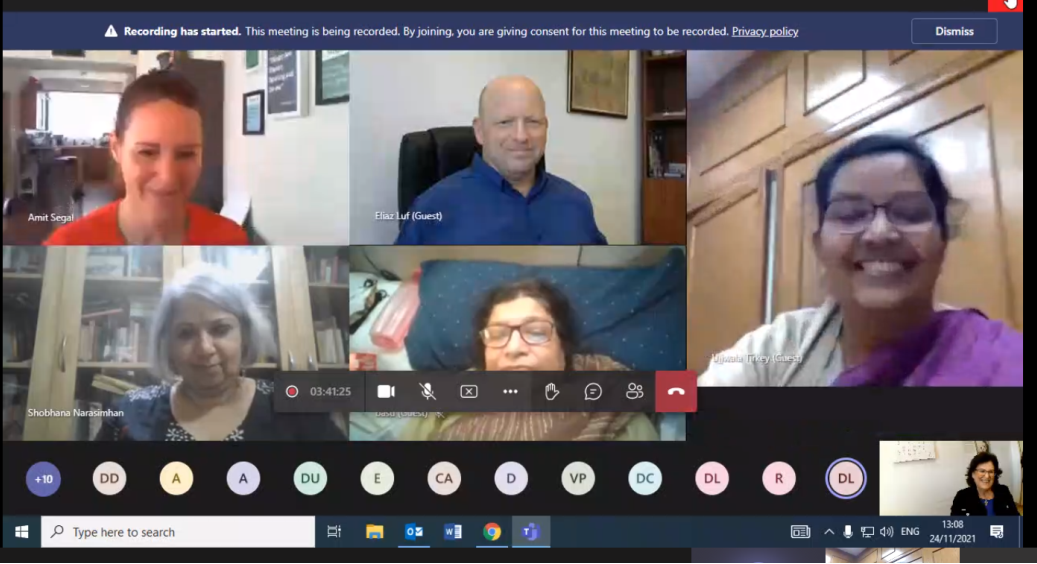Sixth India International Science Festival (IISF-2020) is being organized virtually from 22 December, 2020. CSIR is the Coordinating and CSIR-National Institute of Science, Technology and Development Studies (NISTADS), New Delhi is the Nodal Institute for IISF 2020. This year, there are 41 events under various broad themes comprising of Science, Technology, Innovation and their interconnections with the human society. Sustainable Development Goals and its strategies are also the main thrust areas of many events of IISF 2020. Biodiversity is one of them.
Biodiversity Conclave in the IISF 2020 showcases the rich biodiversity of India at ecosystem, species and genetic levels, the long tradition of bio-diversity conservation by traditional communities, and the country’s efforts towards mapping the distribution of biodiversity and conservation of critical ecosystems and threatened species. The cutting-edge research being undertaken in diverse fields of biodiversity, particularly on bio-prospection for novel genes and molecules and their utilization for building a self-sustainable bio-economy for a self-reliant India, are a few major discussion agenda of the Conclave. Impact of climate change on biodiversity is one of the focus areas. The two-day event includes invited talks from globally recognized scientists, poster sessions, panel discussion, quiz competition and short films. The event aims to bring together academicians/scientists/researchers/ students/ entrepreneurs to present their research findings and exchange innovative ideas on developing bio-diversity based bio-economy for self-reliance and global welfare.
The Biodiversity Conclave was inaugurated by the Chief Guest Shri Justice Adarsh Kumar Goel, Chairperson, National Green Tribunal, New Delhi. On this occasion, ShriGoel said that earlier India was considered as a poor country but it has always been a rich country in terms of its biodiversity. It hosts biodiversity hotspots harbouring unique biodiversity particularly in the northeast region and the Western Ghats. India is a home of several tribal communities which has a long history of preserving traditional knowledge and biodiversity conservation, he said. ShriGoel also talked about Convention of Biological Diversity (CBD) which led to changes in administrative and legislative levels and paved the path for Biodiversity Act of India 2002. Under the CBD there is a concept of equitable sharing of knowledge and benefits arising from the sustainable utilization of biodiversity. He said that we are facing the challenges of biodiversity degradation due to deforestation, mining, climate change and other factors. Hence, he reiterated the importance of sharing of knowledge among the subject experts and policymakers. He wished that the conclave will do the needful to bring the common people, administration and policymakers on one platform to provide crucial outputs to conserve our invaluable biodiversity.
Earlier, while welcoming the guests, Prof. S.K. Barik, Director CSIR-NBRI & CSIR-IITR Lucknow, President, VijnanaBharati, AvadhPrant informed about the structure of Biodiversity Conclave. Interactive meets and expos by students, researchers, indigenous communities, S& T experts, and industries are also part of the event. The two-day event will be entirely on a virtual environment and will include webinars by invited talks from globally recognized experts, E-poster gallery, Biodiversity Innovation Expo, Indigenous Communities- S&T Experts Meet, Entrepreneurs- Industry Meet and Short films and nature wildlife photo exhibition.
Eminent environmentalist Dr. Madhav Gadgil delivering his address in ‘Biodiversity Conclave at IISF 2020
Dr. K.N. Nair, Coordinator, Biodiversity Conclave, informed about other events of the day including webinars on different aspects of biodiversity. Topics of the day were ‘Biodiversity – Culture Interface: Key to Sustainable Development in Rural India’, ‘Bioprospecting for Entrepreneurship and Industrial Development Utilizing Biodiversity’ and ‘Biodiversity based Bio-economy Models’. Theeminent experts of the field who addressed the webinars were Padma Bhushan Prof. MadhavGadgil, Former Professor & Chairman, Centre for Ecological Sciences, Indian Institute of Science, Bengaluru; Prof. Kamaljit S Bawa, Founder President, ATREE, Bengaluru and Distinguished Professor of Biology, University of Massachusetts Boston; Dr. Kevin R. Thiele Director, Taxonomy Australia, Australian Academy of Science, Canberra, Australia; Prof. Uma Shaanker, Former Professor, University of Agricultural Sciences, Bengaluru; Dr. J.K. Jena, Deputy Director General, Indian Council of Agricultural Research, New Delhi; Dr. V.B. Mathur, Chairperson, National Biodiversity Authority, Chennai; Prof. AkhileshTyagi , Former Professor, University of Delhi and Former Director, NIPGR, New Delhi; Prof. K.N. Ganeshaiah, Former Professor, University of Agricultural Sciences, Bengaluru.
Dr. Deepak Apte, Director, Bombay Natural History Society, Mumbai delivered the Lead Talk on the topic “Coral Reefs of Lakshadweep Islands”.
The main objectives of the biodiversity conclave is to showcase India’s rich biodiversity and associated traditional knowledge, create awareness among students, young researchers, entrepreneurs, industries, general public and decision makers about biodiversity and its value for economic development and prepare a road map for research, innovation and development related to biodiversity for bioeconomy-based self-reliant India.
 Indian Industry Plus A Pratisrutiplus Suppliment
Indian Industry Plus A Pratisrutiplus Suppliment


















